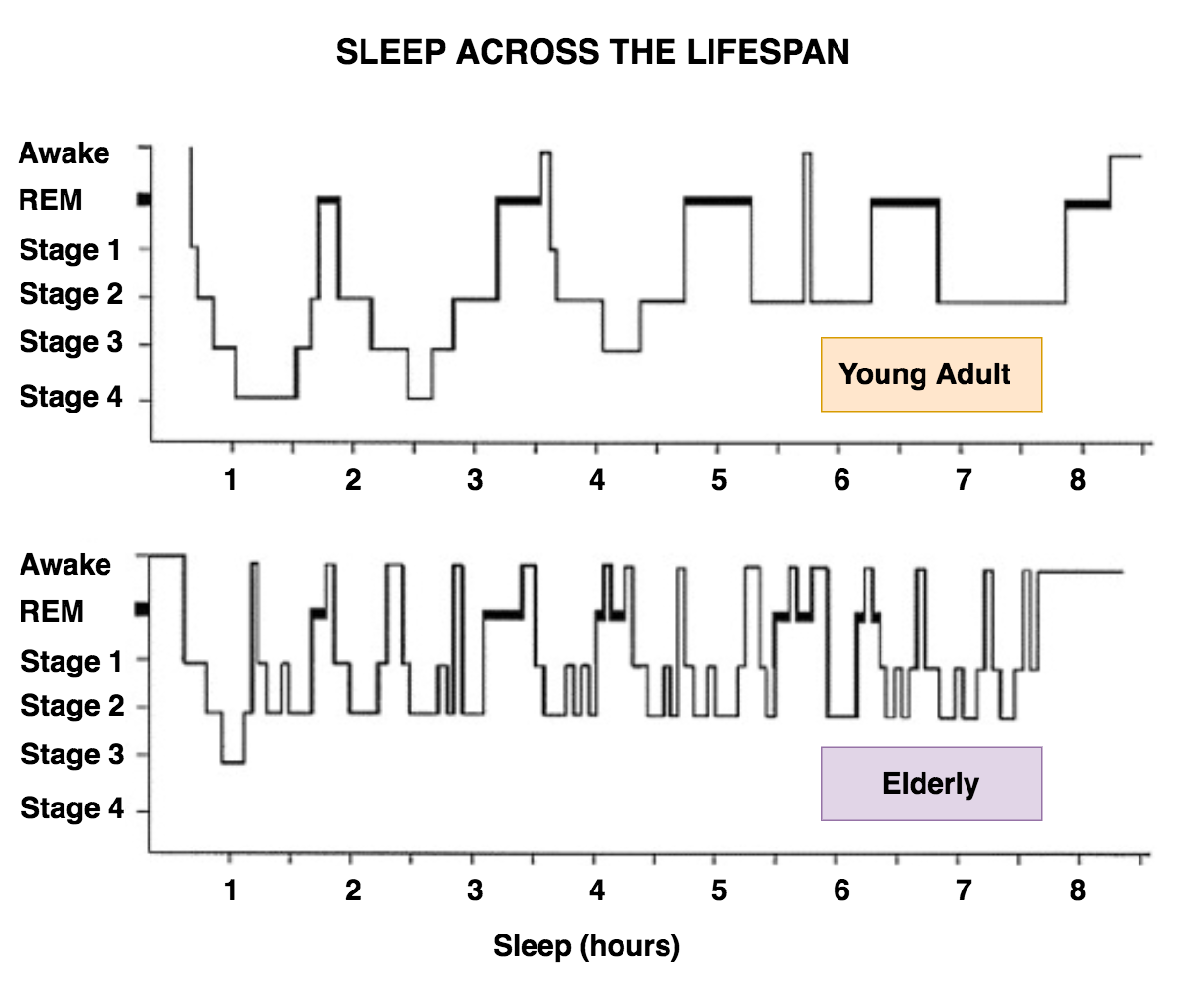End Of Life Sleep Patterns - Anxiety is normal at the end of life as a person contemplates their own death or struggles through the stages of dying. Web medical encyclopedia →. Physical changes are likely to happen when you're dying. They are likely to spend more time sleeping, and will often be drowsy even when they’re awake. Web otherwise, lifestyle choices and habits, such quitting smoking, drinking plenty of water, a healthy diet (eating enough vegetables, fruits, nuts, seeds, healthy fats, yogurt and other fermented. These happen to most people during the terminal (dying) phase, whatever condition or illness they have. Web in the early stages of alzheimer’s, individuals may sleep more often and wake up very confused. You might hear this called dyspnoea. Confusion or being in a shock. Some people feel breathless or short of breath.
6.1 Sleeping and Dreaming Revitalize Us for Action Introduction to
Managing anxiety, delirium and agitation. If a loved one is dying, you may have a lot of questions about what to expect. Web thus, the.
How Sleep Cycle Works Sleep Tracker & Alarm Clock User Guide
Web sleep disturbances, such as insomnia or reversed sleep cycle. Web otherwise, lifestyle choices and habits, such quitting smoking, drinking plenty of water, a healthy.
Neue Bekannte hoch im kurs lauterbrunnen berner oberland und waadtlГ
As the body starts to slow down, a dying person may have the following physical signs: Patients in their final days require careful symptom management,.
Understanding Baby Sleep & Sleep Cycles Love To Dream AU
A person will typically go through four to six sleep cycles per night, although the duration of each stage may vary. It’s normal for a.
Learn How to Sleep Better by Understanding Sleep Cycles & Stages
Web aurora seen in atlanta area around 10:30 p.m. Web maslow’s hierarchy of needs indicates sleep as one of our physiological requirements. They may become.
Try These Simple Bedtimes Habit For Better Sleep and Mental Wellbeing
Web this information explains what you and your family can expect and the options you have towards the end of life. Increased or decreased body.
The Power of Sleep and Its Impact on Our Longevity SleepScore
Web 1 to 2 weeks before death, the person may feel tired and drained all the time, so much that they don't leave their bed..
Sleep Stages [4 Types of Sleep Stages] SleepScore
Web this information explains what you and your family can expect and the options you have towards the end of life. Web what to expect.
Polysomnography (PSG) PsychDB
It's an acceleration of an ongoing trend, according to the survey. From loss of appetite, to breathing patterns, and more, one expert shares what to.
In 1942, 59% Of Americans Said.
A difference in the odor of a person. Changes in blood pressure, breathing, and heart rate. But it’s unlikely to be painful or distressing for the person who’s dying. Web medical encyclopedia →.
Web Thus, The Initiation Of The Melatonin Surge, A Concomitant Rise In Sleep Propensity, And A Reduction In Core Body Temperature Marks The Beginning Of This Biological Night;
Some people experience this throughout their illness while others experience it in the last weeks, days and hours of life. A person will typically go through four to six sleep cycles per night, although the duration of each stage may vary. Physical changes are likely to happen when you're dying. The sleep stages allow the brain to recuperate from the day and support multiple functions.
If A Loved One Is Dying, You May Have A Lot Of Questions About What To Expect.
Spiritual needs at the end of life. A change in the pattern of breathing or difficulty breathing. Every person's end of life journey is different. What you and your family can expect | memorial sloan kettering cancer center
Toward The End Of Life:
Patients in their final days require careful symptom management, and families may need support and coaching as death approaches. A white noise generator or loud fan is a great defense, said jennifer mundt, assistant professor of sleep medicine, psychiatry and behavioral sciences at. This is commonly expressed as agitation, worrying, sweating, stomach upset, nausea, sleeping problems, shortness of breath, and heart palpitations. Patients in the last hours and days of life may have physical suffering as well as significant emotional, spiritual, and social distress.
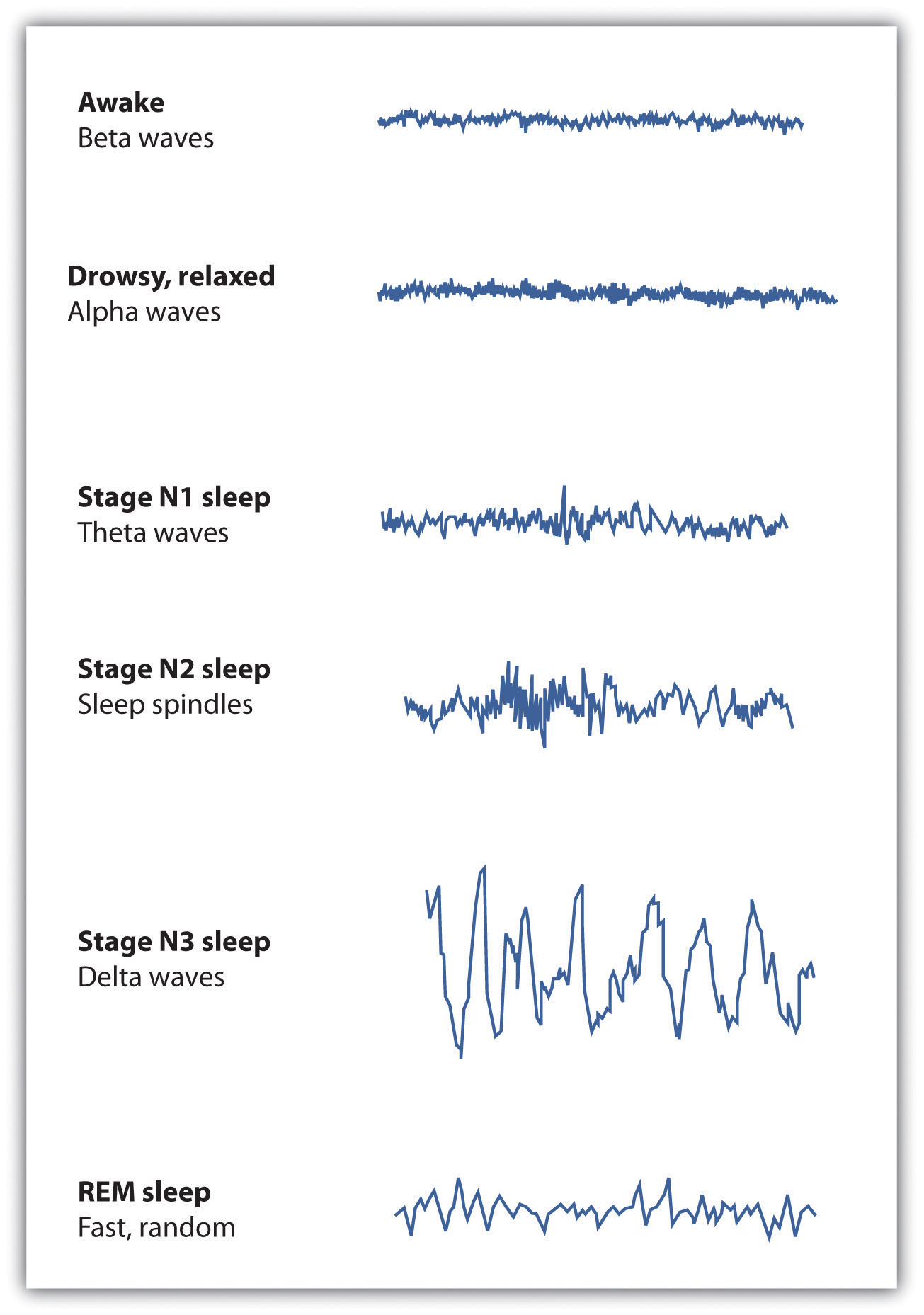


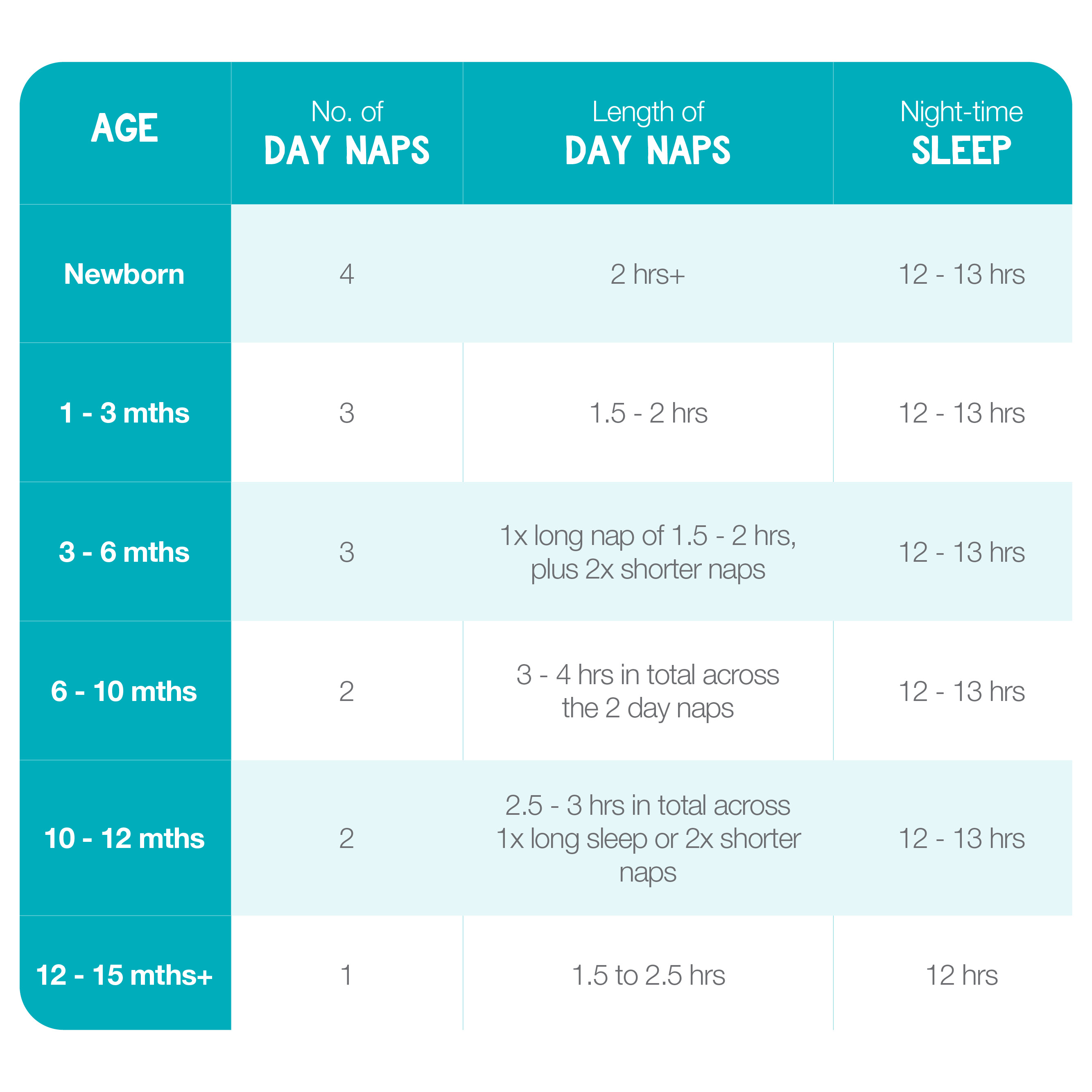

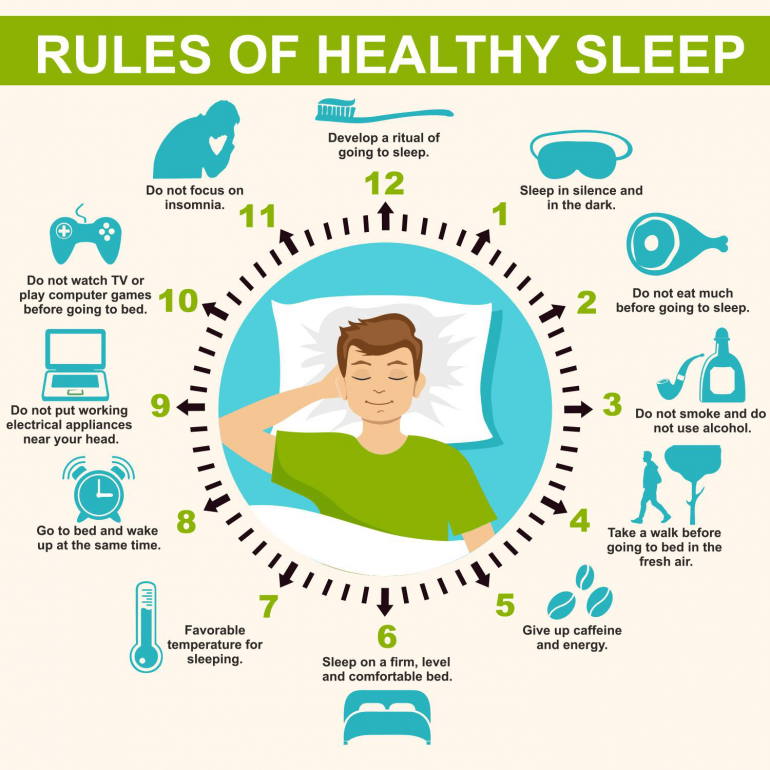
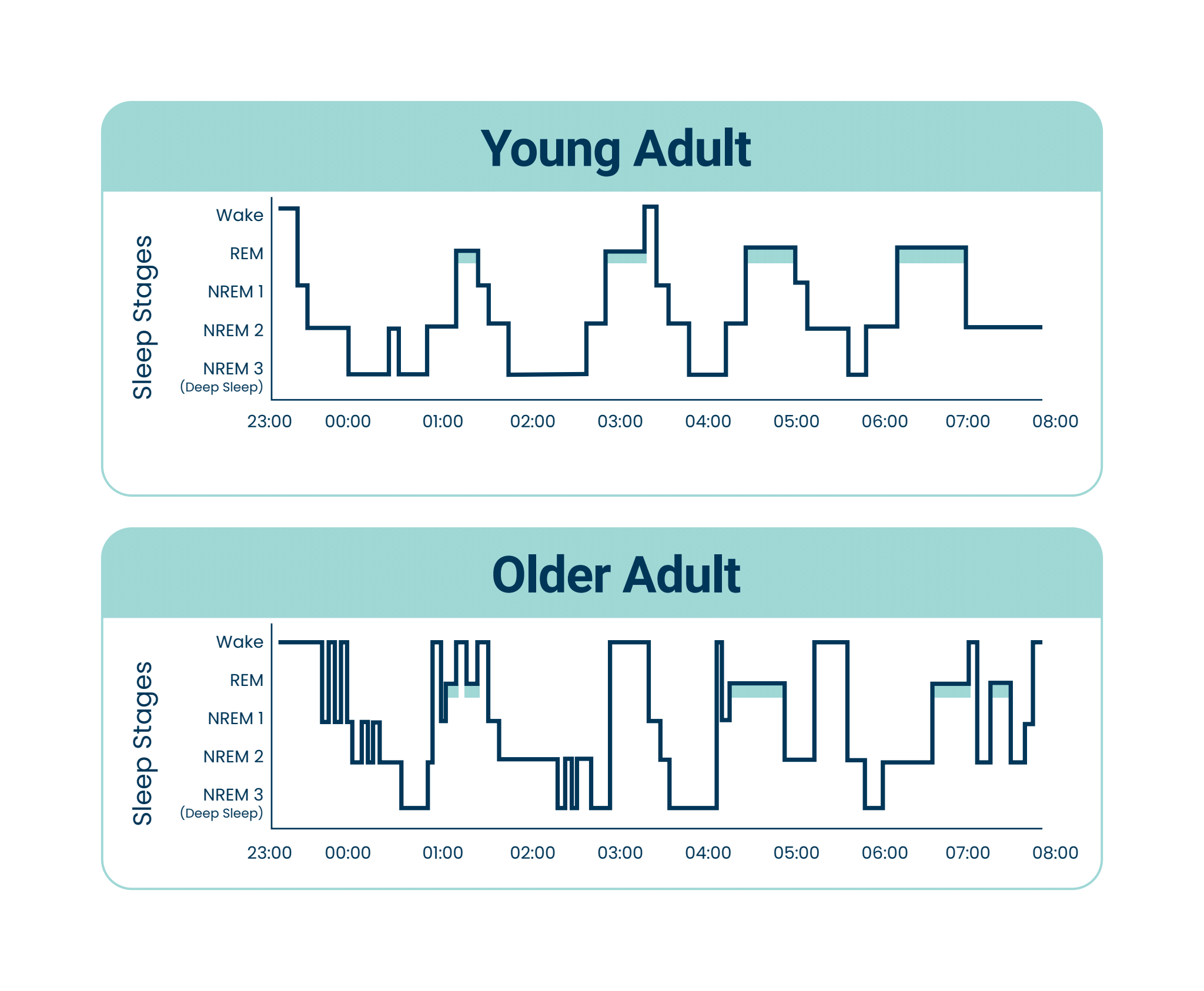
![Sleep Stages [4 Types of Sleep Stages] SleepScore](https://www.sleepscore.com/wp-content/uploads/2020/10/sleepscore-blog-3_graphic-1-1017x1024.jpg)
